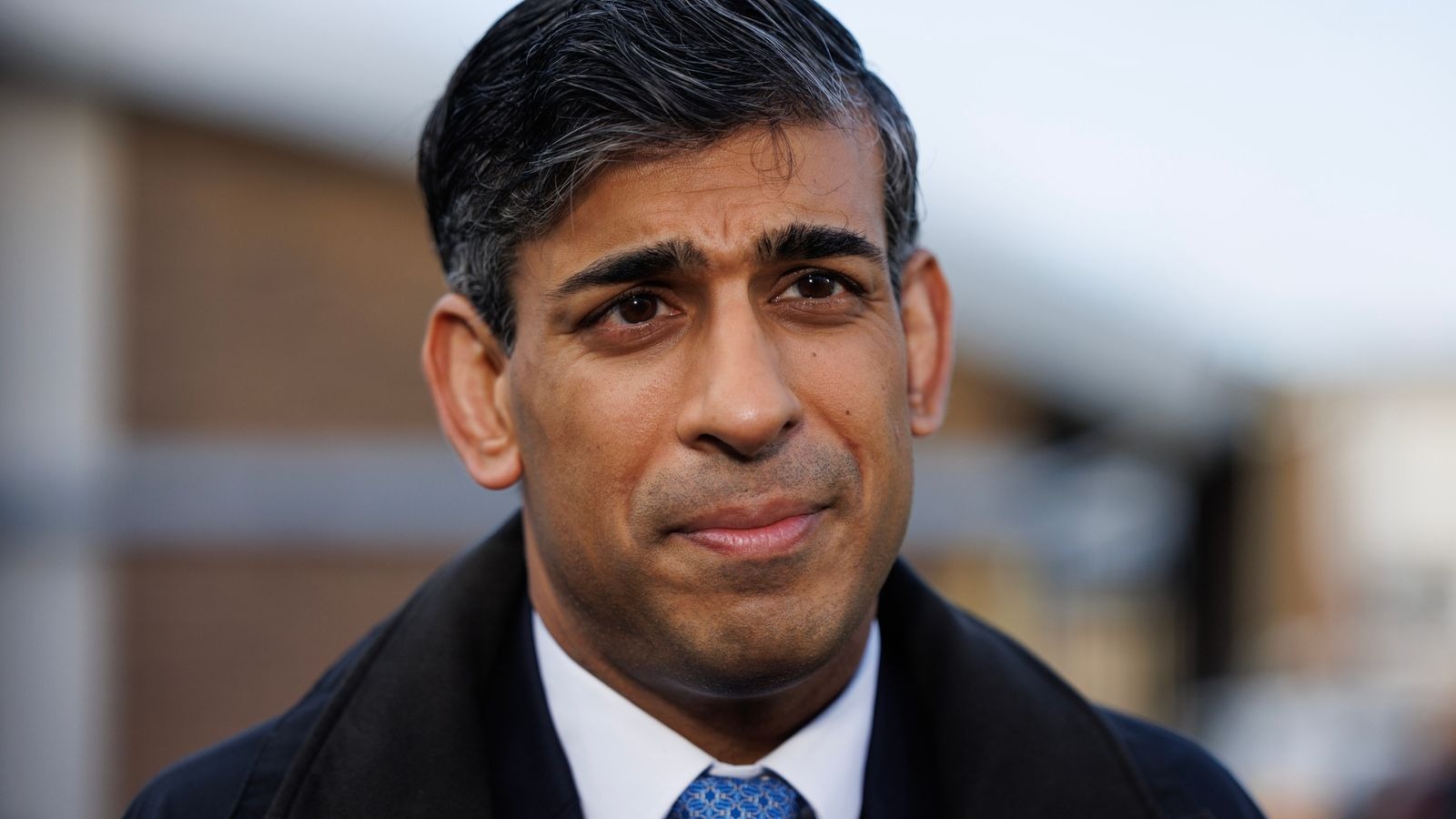Friday morning spelled gloom for the Tories, leaving many to ponder whether Rishi Sunak’s leadership might be nearing its end. With Labour making huge gains, Sunak finds himself clutching onto any positive results, hoping they might salvage his political career.
Despite a prevailing reluctance among Tory MPs to change leadership before the election, these results could sway the timing of the upcoming general election. Plans for a potential July election are reportedly in motion, especially if Sunak faces a parliamentary vote of no confidence, an outcome that’s not entirely off the table.
Critics are quick to seize upon the Blackpool South by-election results, where Labour snatched victory from the Conservatives with a whopping 26 percent swing. It marks one of the largest swings from Tories to Labour in a by-election since the war, with Reform UK trailing closely behind, nearly overtaking the Conservatives for second place.

Rishi Sunak (Credits: The Independent)
While nationwide trends indicate a potentially dismal local election outcome for the Tories, Sunak’s camp finds solace in holding onto Harlow, a critical constituency and top Labour target. Sir Keir Starmer’s visit to Harlow before the elections highlights its importance as a battleground, yet Labour’s failure to clinch it decisively fuels Tory claims of voter skepticism towards Starmer.
Robert Halfon, Harlow’s Tory MP, hailed the result as a remarkable turnaround, reminiscent of Lazarus’ fabled return. Meanwhile, Tory supporters point out that the Liberal Democrats failed to make substantial gains in traditional Tory strongholds, like Hart in Hampshire, which remained under no control.
However, the elections didn’t all go Labour’s way; losing Oldham to no control underscores the mixed results across the board. Traditionally, local elections tend to be harsh for the ruling party, making Blackpool South’s outcome, the lone Westminster constituency contested, a focal point of scrutiny.

Rishi Sunak (Credits: NDTV)
Sir Keir’s praise for Chris Webb’s win in Blackpool South is seen as a seismic shift, particularly as Reform UK secured its best parliamentary poll result with 16.9 percent of the vote. This poses a concern for Sunak, as a strong showing for Reform in a general election could translate into numerous seats for Labour.
Yet, the low turnout in Blackpool South at 32.5 percent suggests that many Tory voters opted to stay home rather than switch allegiance to Labour. Additionally, the by-election’s circumstances, triggered by Scott Benton’s resignation over a lobbying scandal, are viewed as an anomaly. The Tories managed to avoid the humiliation of coming third, albeit narrowly behind Reform.
Conservative spinners highlight that the party’s campaign spending in Blackpool South amounted to only 11 percent of the maximum allowed under electoral rules, a statistic unlikely to repeat in a general election. As the vote counts continue into Saturday, Sunak’s immediate political future remains uncertain.























